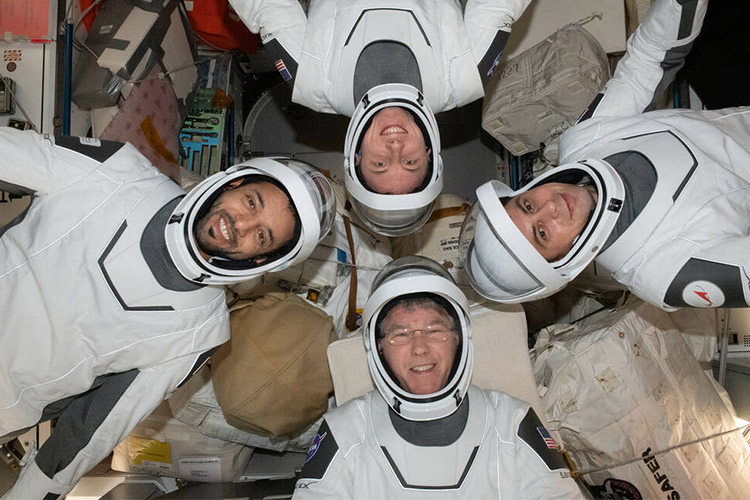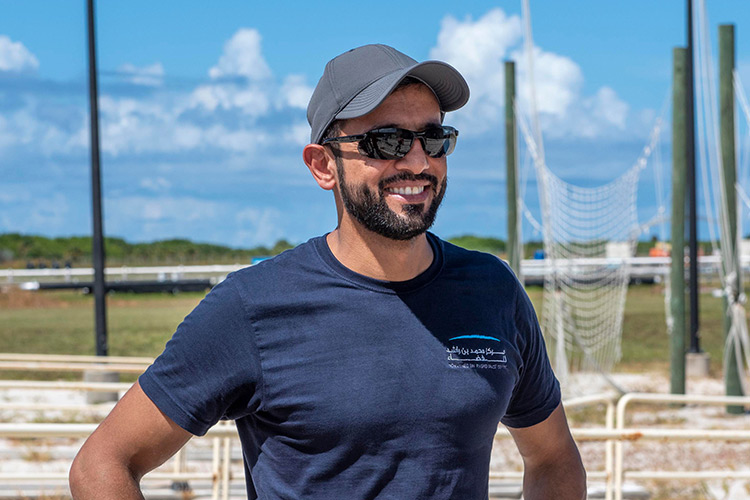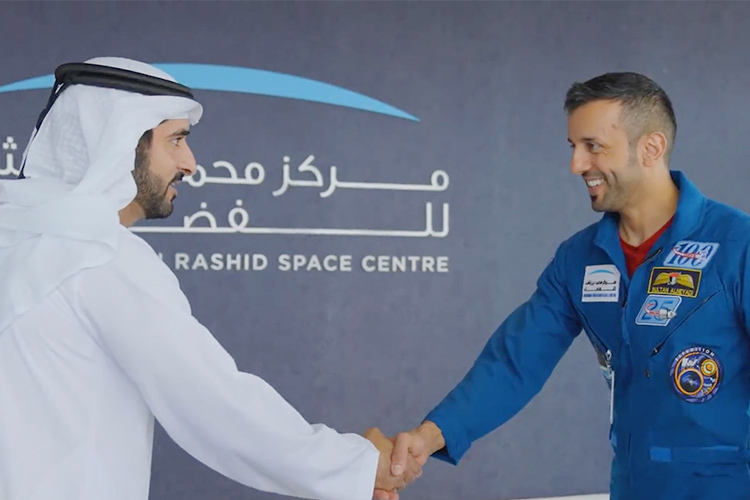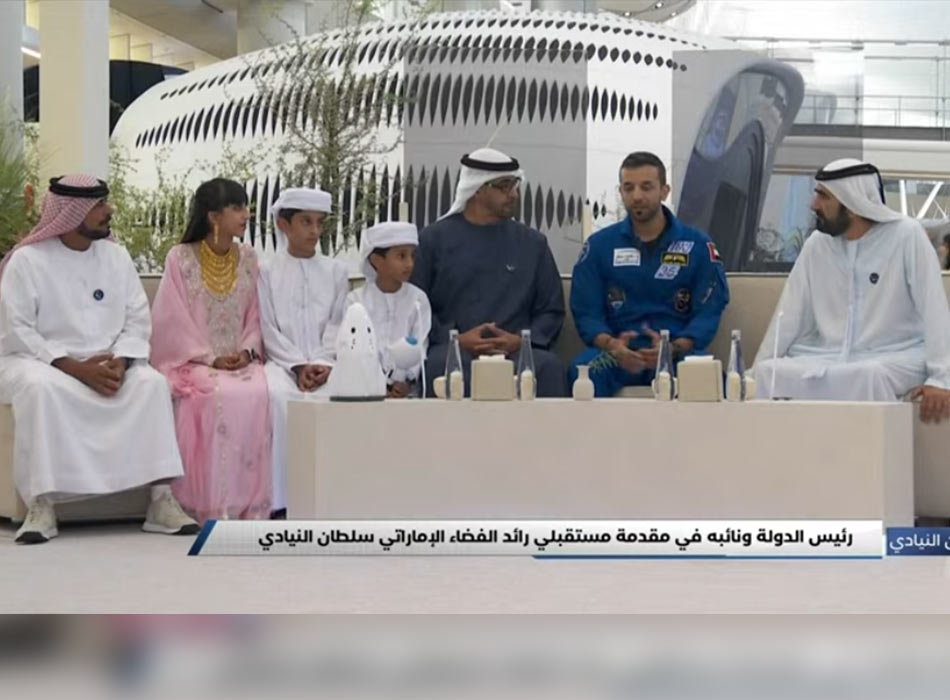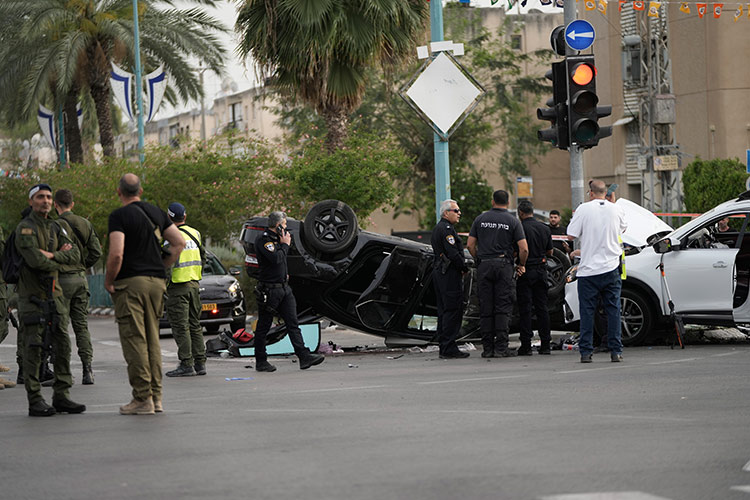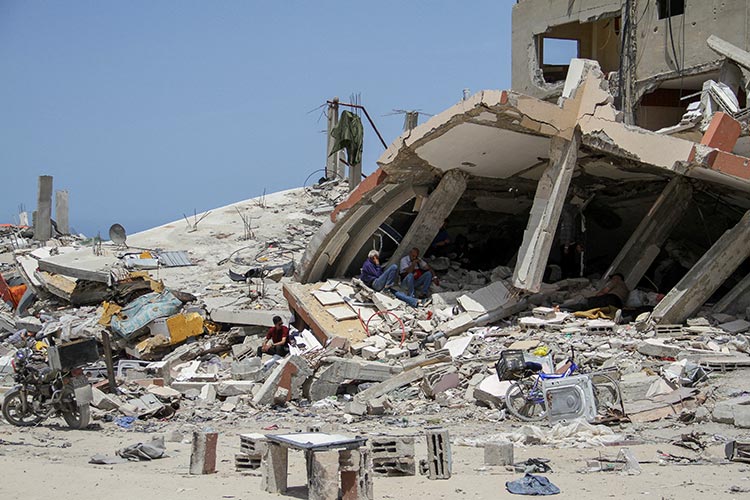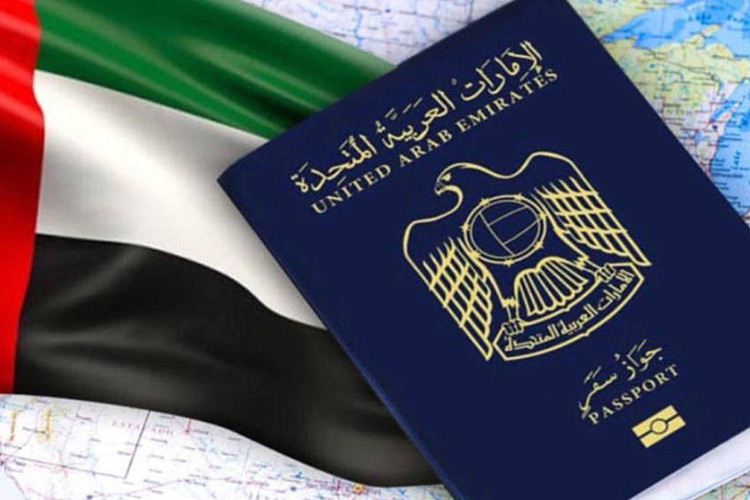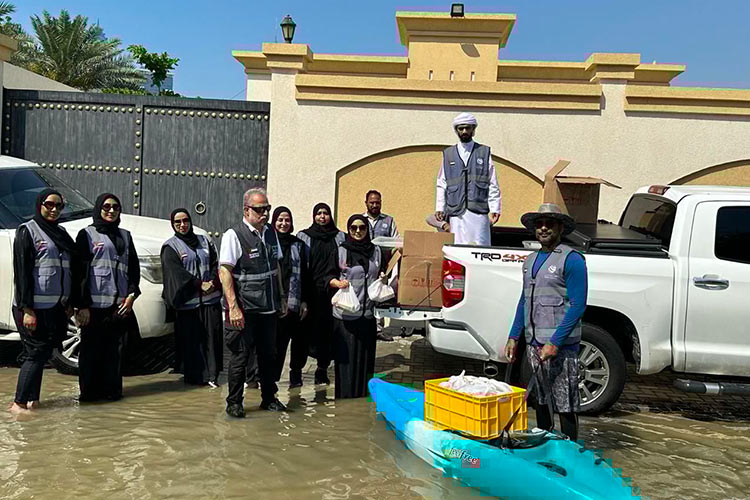Sultan Al Neyadi receives Nasa’s golden astronaut pin aboard the ISS

ISS crew members honour Sultan Al Neyadi with Nasa’s golden astronaut pin.
Syed Shayaan Bakht, Staff Reporter
Emirati astronaut Sultan Al Neyadi received the golden astronaut badge from Nasa during his 6-month mission to the International Space Station, as the longest mission for an Arab astronaut.
Al Neyadi said, “It is a great honour for me to be part of this historic mission, representing my country, the UAE, and to receive Nasa’s golden astronaut pin. I will wear this pin as a symbol of the commitment I made when I started on this journey."
Al Neyadi along with two Nasa astronauts, a Russian cosmonaut blasted off to the International Space Station on a SpaceX Falcon 9 rocket on March 2.

Over a month, Neyadi conducted some key experiments.
Key experiments:
— Stowing samples of tomatoes to be analysed
— Testing medicine that could reverse the negative effects of the space environment on heart cells and tissues.
— Participating in a sleep study
— Transferring supplies and hardware between the ISS and the SpaceX CRS-27
— Conducting "Cardinal. Heart 2.0" experiment
— Working on the tank that recycles water aboard the ISS
On April 3, Al Neyadi demonstrated Newton's first law in space.
Neyadi wrote on Twitter, “It's fun to test the laws of physics on the International Space Station, where gravity is almost non-existent.
In this video I chose to test with you Newton's first law in space.”
According to Newton's first law, every object will remain at rest or in uniform motion in a straight line unless compelled to change its state by the action of an external force. This tendency to resist changes in a state of motion is inertia.
That is, if a body in motion will remain in motion unless acted on by an external force.
In astronomical terms, this means that in space bodies continue in straight lines unless a force external to the body acts on them, and stationary bodies do not spontaneously start to move.
Nasa said astronaut Al Neyadi and his Crew-6 colleagues have started to work on their tasks aboard the ISS.
The four Crew-6 members are two NASA astronauts Stephen Bowen and Warren Hoburg, Russian cosmonaut, Andrey Fedyaev, and Emirati astronaut Sultan Al Neyadi.
